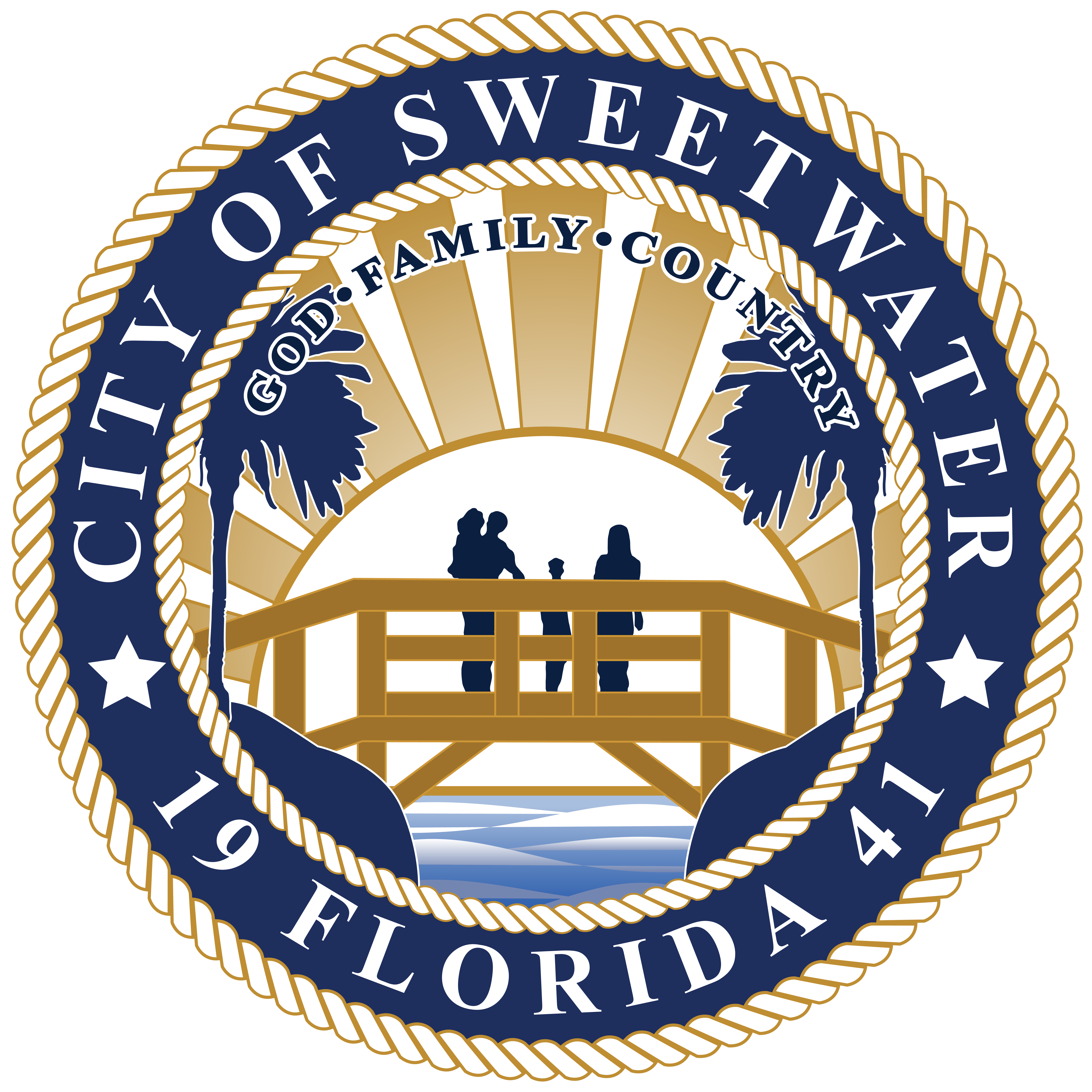Sweetwater History
The history of Sweetwater began during the Florida land boom of the 1920s when the Miami-Pittsburgh Land Company purchased acreage and laid out the original plat of "Sweetwater Groves." However, the 1926 Hurricane and subsequent South Florida real estate "bust" put an abrupt end to the development venture.
In 1938, Clyde Andrews acquired most of the "Sweetwater Groves" tract and began to market lots. Among his buyers was a troupe of Russian midgets seeking a place to retire after a career with the circus. They built several mini-scaled homes suited to their needs. For years, Sweetwater was known as the "midget" community.
In 1941, Sweetwater held a successful election for incorporation. The new town's first mayor was Joe Sanderlin, the midgets' guardian, and manager. By 1959 Sweetwater had attracted 500 residents and contained a town hall, church, grocery store, service station, and 183 homes. It also had a two-man police force and a volunteer fire department. In 1970, Sweetwater was still a relatively small community of about 3,000 residents.
During the 1970s, however, several events were to happen which would dramatically change the hitherto "sleepy little country town" of Sweetwater forever. These events included the establishment of a major new state university to the south, the construction of the two major expressways to the north and west, and the discovery of Sweetwater by Dade County's Hispanic community. The growth and development which was precipitated by these occurrences caused Sweetwater to more than double in population and lead all other Dade cities in growth during the 1970s.
Presently, there are only a few vacant lots left to develop. The City's population has burgeoned to over 19,000 persons of which more than 94 % are of Hispanic origin. The City can now boast of having a full-service police department and city hall complex, four parks, an elementary school, a county fire station, 6,441 residential housing units, 14 shopping centers, over 600 businesses, several churches, and a bank.
